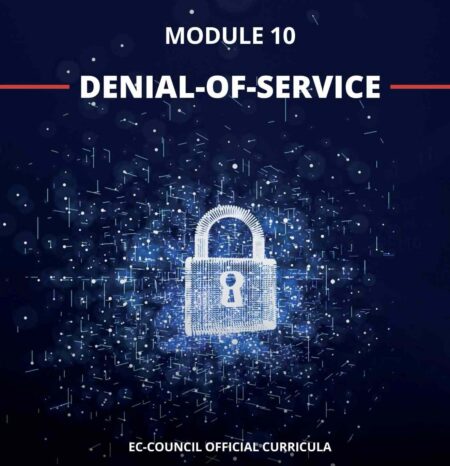Cookies are a piece of information that a Web site puts on your hard disk or on your computer’s browser directory.
A computer “cookies” is more formally known as an HTTP cookie, web cookies, an Internet or a browser cookie.
Your browser stores each message in a small file called cookie.txt. When you request another page from the server, your browser sends the cookies back to the server.
It is information for future use that is stored by the server on the client-side of a client/server communication.
Also Read:
The purpose of the cookies is to help the website keep track of your visits and activity. cookies is a mechanism that allows the server to store its own information about a user on the user’s own computer.
The term “cookie” is an allusion to a Unix program called Fortune Cookie that produces a different message, or fortune, each time it runs.
Examples of cookies
Storing cookies isn’t always a bad thing Online stores often use cookies that record any personal information you enter, as well as any items in your electronic shopping cart so that you don’t need to re-enter this information each time you visit the site.
A website might also use cookies to keep a record of your most recent visit to record your login information.
Many people find this useful so that they can store passwords on commonly used sites, or simply so they know what they have visited or downloaded in the past.
What information Does It contain?
- This depends on how a website has set up its cookie feature, but generally, the content of a cookie is a randomly generated set of characters. For most purposes a website sending a cookie does not need to know who you are – it just needs to remember that it has seen your browser.
- Some websites do write personal information about you into a cookie, but this is only possible if you have provided them with the information in the first place. If personal information is stored in it and is usually encrypted – coded – so that any third party who has access to the cookie folder of your browser cannot read it.
How Long Does a Cookie Last?
The time of the expiry of a cookie can be set when the cookie is created. By default, the cookie is destroyed when the current browser window is closed, but it can be made to persist for an arbitrary length of time after that.
There are a lot of myths surrounding cookies, mostly making them out to be in some way dangerous for your computer or infringing on privacy rights.
It is nothing more than very small text files that are placed on your computer/browser when you visit certain websites.
Companies can then track certain information about sites a computer has visited by reading these files.
Awin cookies do not contain any personal data and they are only read by our servers. cookies allow publishers to promote businesses via an ethical, performance-based model.
They also allow user experiences to be more targeted and tailored.








